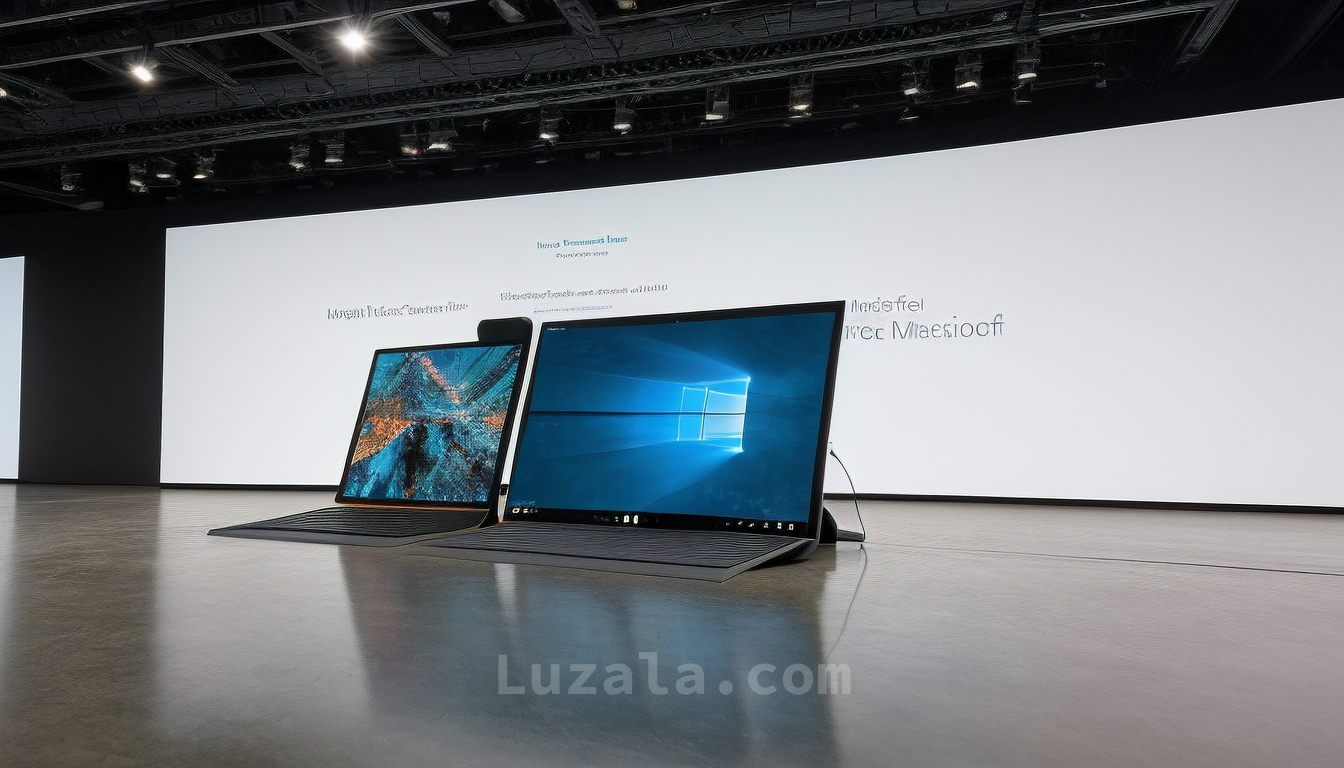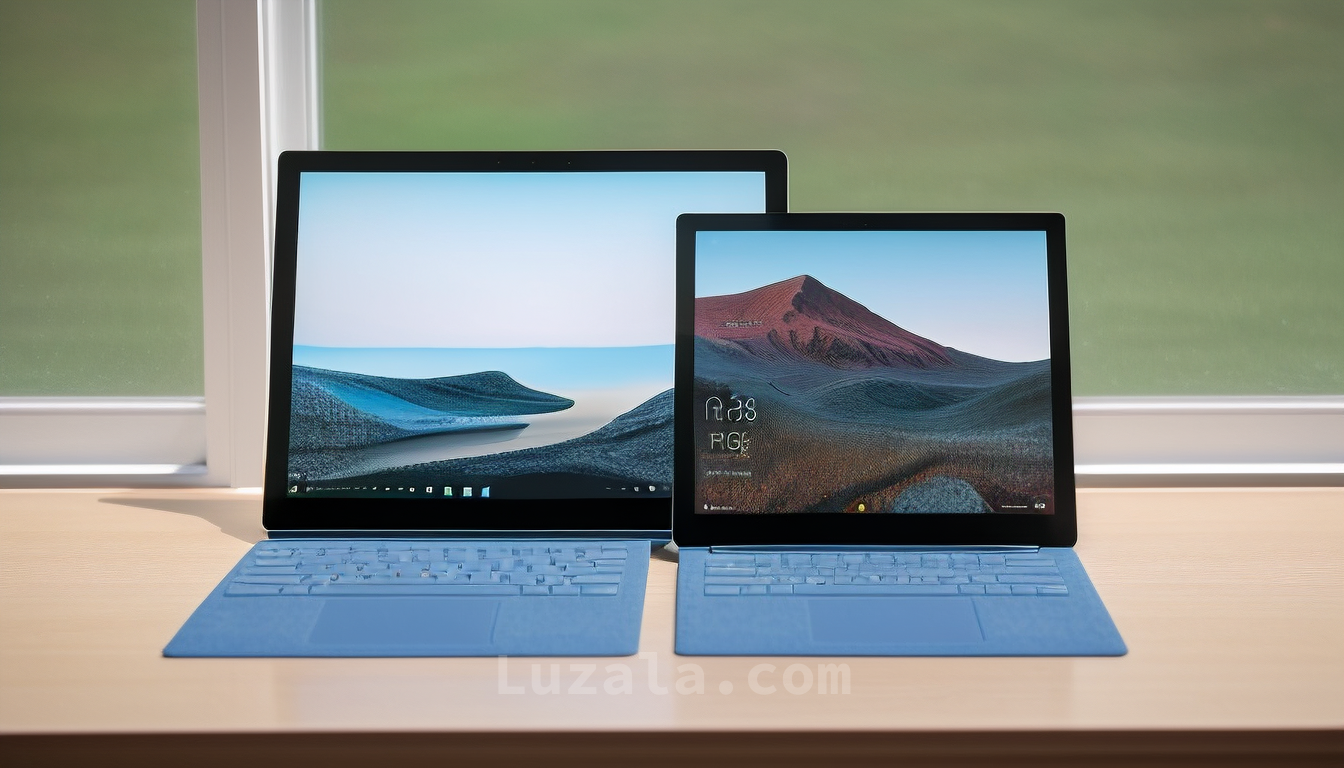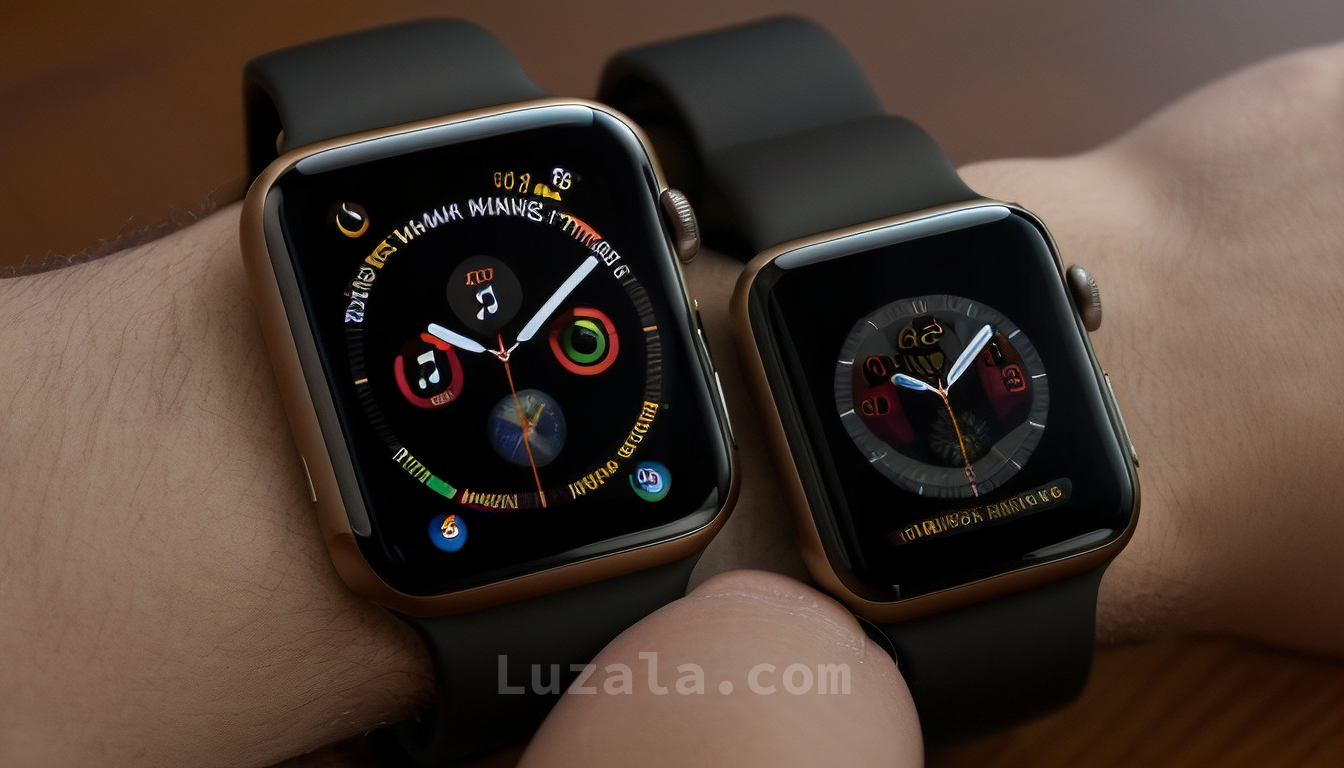iPhone 12 Faces Regulatory Heat in Europe: SAR Compliance Under Scrutiny
The iPhone 12 faces scrutiny in Europe over exceeding radiation limits, with Frances ANFR demanding its withdrawal. Other countries are considering similar actions, while Apple disputes the claims.
In a surprising turn of events, the iPhone 12 seemed to vanish from the market as Apple unveiled its latest iPhone 15 models, discontinuing the iPhone 12 originally launched in October 2020. However, in Europe, the iPhone 12 remains in the spotlight due to several countries, including France, raising concerns about its electromagnetic emissions.
The catalyst for this unexpected concern can be traced back to France's National Frequency Agency (ANFR). On the same day Apple revealed its fall product lineup, ANFR dropped a bombshell by informing Apple that the iPhone 12 exceeded the European Union's regulations for Specific Absorption Rate (SAR). SAR measures the rate at which a human body absorbs radiation from a device. A translated version of the ANFR report called on Apple to swiftly withdraw the iPhone 12, "rectify this malfunction without delay," and threatened to recall already sold units.
Under European Union standards, there are two SAR measures for devices operating within the same frequency range as the iPhone. The "head and trunk" value, aimed at protecting against "acute exposure effects on central nervous tissues" when the phone is close to the head or in a pocket, must not exceed 2 Watts of power per kilogram of body tissue, averaged over six minutes. For the "limbs" value, which applies when the phone is held in hand or in clothing or accessories, the limit is 4 W/kg.
France's ANFR reported that the iPhone 12 exceeded the "limbs" limit, registering at 5.74 W/kg. Consequently, ANFR announced its intention to ensure the iPhone 12 would no longer be available for sale in France and promised to oversee any "corrective updates" Apple might provide. Jean-Noel Barot, France's digital and telecommunications minister, indicated that software updates could potentially address the issue, according to Reuters.
Apple reacted swiftly to ANFR's allegations, asserting to multiple news outlets that the iPhone 12 had been certified by numerous international bodies. Apple claimed it had supplied ANFR with documentation demonstrating compliance with regulatory limits, both from its internal testing and independent laboratory results. Ars Technica reached out to Apple for further comment but received no immediate response.
The European Union's standards emphasize that within the typical frequency range of mobile phones, the primary concern regarding excess radiation is not related to changes in cells or chemicals in the body that could lead to cancer but rather to "whole-body heat stress and excessive localized heating of tissues." Most research on mobile phones indicates that regular exposure to the non-ionizing frequencies used for communication poses no discernible health risks. However, even inconclusive or problematic studies have sometimes generated undue concern and media attention. The World Health Organization maintains that "no adverse health effects have been established as being caused by mobile phone use."
France's actions have prompted other nations to take notice. Germany's Federal Office for Radiation Protection announced discussions on the need for changes, while Belgium's state secretary for digitalization, Mathieu Michel, expressed intentions to scrutinize not only the iPhone 12 but all Apple smartphones and devices. Denmark and Italy have also announced investigations into the matter but have not taken formal actions yet.
In the United States, the Federal Communications Commission (FCC) sets SAR limits at 1.6 W/kg. The iPhone 12's submitted SAR levels were measured at 1.554 W/kg at their peak, typically when using features like a hotspot or "Simultaneous Transmission." The iPhone 12 did, of course, receive FCC clearance for release in 2020.
Recent developments in France have shown a growing willingness among regulators to demand more from U.S.-based tech companies. They have called on Google and Facebook to implement one-click cookie rejection and to provide repairability scores for smartphones and appliances. Additionally, they have expressed their desire for global AI regulations to be established by year's end, not only for the benefit of their own citizens but for the international community as well.
Download your fonts:
Leichenhaus Font - Free Download
Athletic Town Font - Free Download
Octin Stencil Free Font - Free Download
Old Rubber Stamp Font - Free Download
Font Breakdown Font - Free Download
Angelic War Font - Free Download















Comments